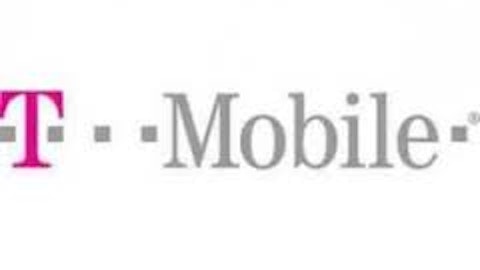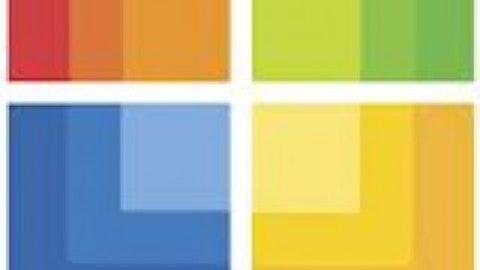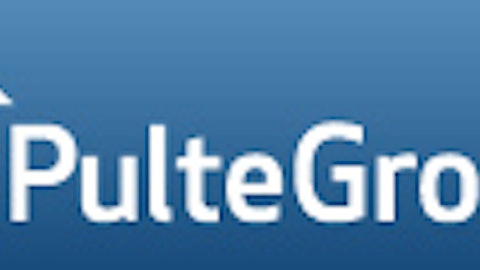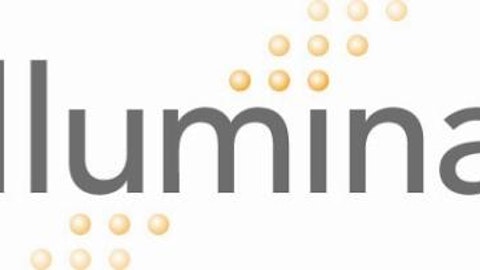In other words, you improve education and you essentially eradicate HALF of the problems in this country, according to the respondents of this survey (49%).
Just last week we examined the single biggest problem with America’s labor force: underemployment. Based on U-6, a U.S. Department of Labor Statistics measurement that factors in the unemployment rate as well as workers who have accepted part-time employment but wish to work full-time, 14.3% of the American workforce, or one in seven, is currently underutilized!
The onus of wrongdoing as is related to underutilization isn’t necessarily on the students here entirely, but on both employers and colleges as well for failing to prepare students for real-world challenges and guiding academia on what degrees they’re currently looking for.
Before the recession, broad-based degrees helped establish versatility, which opened the door to multiple career paths for college grads. That isn’t the case anymore, with enterprises looking for specialized skill sets in a very difficult full-time job environment. Your degree can mean the difference between finding a good-paying job quickly, or being forced to seek a paycheck in a situation where you’d be considered underemployed or overqualified.
Now for the good news
Whether you believe it or not, education — be it a lack thereof or the wrong type of education — is at the root of a majority of America’s problems. But there’s still hope.
A recent study conducted by Georgetown University’s Center on Education and the Workforce highlighted some of the worst degrees in terms of unemployment but also pointed out in the process some of the most in-demand degrees. From an economic, investable, and personal perspective, boosting education and awareness in these degree areas would be beneficial for everyone involved.
Nursing: Nursing is a huge winner, with an unemployment rate of a mere 4.8% — nearly 3% below the national average unemployment rate. Nursing demand is only expected to increase, with baby boomers beginning to hit retirement age and Obamacare set to shuffle millions of newly insured Americans into the health-care system. To put it another way, the medical system is going to have its hands full for decades to come, and it will need as many trained staff members as it can get.
UnitedHealth Group Inc. (NYSE:UNH), the nation’s largest health-care provider, for instance, has plans to hire close to 600 people in the Carolinas alone, with a good chunk of that hiring being nurses and nurse practitioners. These health-benefits organizations aren’t hiding the fact that Obamacare will keep them busy, which should give colleges and the public a clue to start thinking in terms of nursing degrees.





